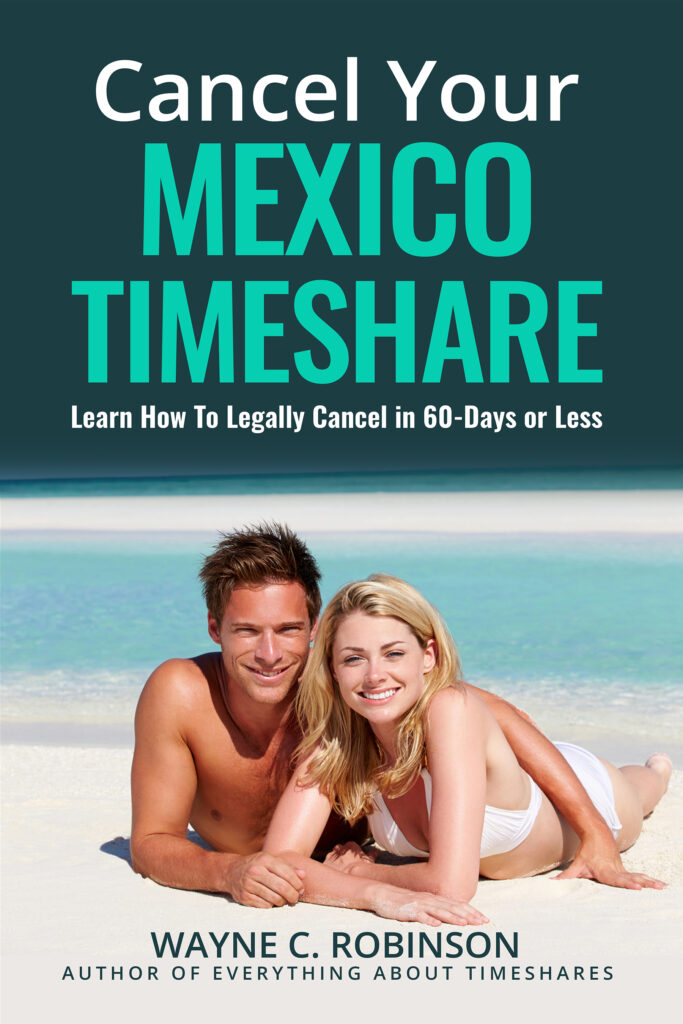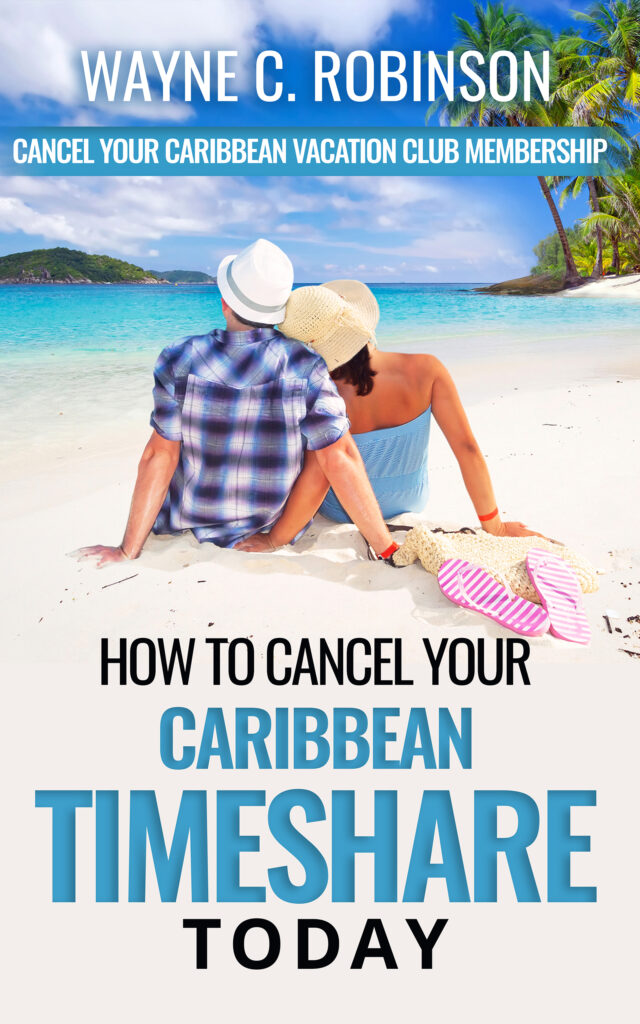
There are several reasons common why you cannot get the timeshare exchanges that you want. Probably the most common reason has to do with where you own. Despite that your salesperson might have informed you that you can go anywhere anytime, the truth is that the timeshare exchange system is like any other business model, it operates on supply and demand.
Navigating the Timeshare Exchange Conundrum: Unraveling the Supply and Demand Puzzle
Embarking on the journey of timeshare ownership often begins with promises of limitless travel possibilities. However, when it comes to securing desired exchanges, reality sets in, and the intricate dance of supply and demand unfolds. In this article, we’ll delve into a real-world scenario to illustrate how location, supply, and demand shape the timeshare exchange landscape, leaving some families with better chances than others.
The Hawaii Dilemma:
Let’s consider two families with the dream of exchanging their timeshares for a tropical getaway in Hawaii—a destination coveted by many. Family #1 owns a spacious two-bedroom timeshare in Orlando, Florida, a city known for its theme parks and abundant timeshare inventory. On the other hand, Family #2 possesses a one-bedroom timeshare at the Manhattan Club in bustling New York City, a location with high demand but limited inventory.
The Dynamics of Supply and Demand:
In the scenario presented, Family #2 is likely to have a better chance of securing the coveted Hawaii exchange. Why? It boils down to the principles of supply and demand. Due to its high demand for timeshare exchanges, New York City experiences limited supply, making it a sought-after location. This scarcity makes it more competitive for families seeking exchanges to and from this destination.
Conversely, Orlando, despite being a high-demand location due to its theme parks, boasts a surplus of timeshare options. The abundance of inventory makes securing exchanges more challenging for families like Family #1, as they contend with higher competition from fellow timeshare owners.
The Points System Dilemma:
The timeshare industry introduced the points system, aligning with the supply and demand model. Even if Family #1 offers more points than Family #2 for a Hawaii exchange, the scarcity of inventory in New York City gives Family #2 the upper hand in securing their dream vacation.
The Unplanned Nature of Timeshare Purchases:
Complicating matters is the unplanned nature of many timeshare purchases. Families often enter the timeshare world unexpectedly, perhaps enticed by vacation promotions or persuasive marketing representatives. Lacking in-depth knowledge about the industry, they may not conduct thorough research or compare resorts during the sales pitch.
Insufficient Inventory in the System:
A prevalent issue that contributes to the unavailability of desired exchanges is the lack of inventory within the timeshare exchange system. Despite appearances in directories from reputable companies like RCI or Interval International, not all properties listed are fully committed to timeshare offerings. This distinction becomes crucial for timeshare owners seeking specific destinations.
Understanding the Allocation Challenge:
To comprehend this challenge, consider that many hotels and resorts reserve only a limited portion of their inventory for timeshare exchanges. The remaining rooms are allocated for the general public, creating a scenario where timeshare owners may find their preferred destination fully booked within the exchange system.
Real-world Example:
Let’s envision a scenario where timeshare owners receive repeated unavailability notices for a property listed in exchange company directories. The reason is that only a few rooms at that property are designated for timeshare exchanges. This limited availability, when combined with high demand, creates a situation where securing a reservation becomes a daunting task.
Booking Outside the Timeshare System:
Adding to the complexity, timeshare owners may discover that the same property, seemingly inaccessible within the timeshare exchange system, allows reservations for the general public online. This discrepancy arises from the dual allocation of inventory—some rooms exclusively reserved for timeshare, while others are open to the broader market.
The Reign of High Demand Weeks:
Imagine a scenario where your dream vacation aligns with the most sought-after weeks in the timeshare calendar. Unfortunately, many timeshare owners find themselves disappointed when attempting to exchange for holidays and breaks that sit atop the popularity charts. The reason behind this challenge lies in the immense demand for specific weeks, particularly those tied to significant American holidays.
America’s Love Affair with Timeshare:
It’s no secret that Americans are among the highest purchasers of timeshare properties globally. Consequently, holidays and breaks that resonate with the American calendar become the epicenters of timeshare demand. The following high-demand weeks exemplify this trend:
- Spring Break
- Labor Day
- 4th of July
- Memorial Day
- Thanksgiving
- Christmas
If you want to exchange your timeshare for one of these weeks, you need to reserve as early as you can. If you own during one of these weeks, your chances of getting the exchange that you desire is much higher.
The Power of Strategic Ownership:

The heart of successful timeshare ownership lies in aligning your purchase with your dream destinations and preferred travel times. By acquiring a timeshare where you most desire to vacation, you not only ensure consistent access to your preferred locations but also enhance your overall satisfaction with the investment.
Practical Examples:
- Hawaii Dream Getaway: If your heart is set on enjoying the sun-kissed beaches of Hawaii, the best strategy is to purchase a fixed week in Hawaii at the specific property you envision staying at. This ensures a guaranteed slot during your preferred time frame, securing the Hawaiian paradise you’ve always dreamed of.
- Parisian Retreat: For those enamored with the romantic allure of Paris, opting for a fixed week in the heart of the city ensures a reliable spot in the destination of your dreams. This strategic approach aligns your ownership with your travel aspirations, elevating the timeshare experience.
Navigating the Transition:
Recognizing that travel preferences can evolve over time, you may find yourself wanting to explore new destinations. While the secondary market for timeshares is known for its challenges, there are several strategic steps to consider:
- Research the Resale Market: Despite its reputation, the resale market does offer opportunities. Thoroughly research and explore available options to find potential sellers in your desired location.
How to cancel your existing timeshare and purchase where you want to vacation most
If you own a timeshare in the U.S. and it is paid in full, you can legally cancel the contract on your own without defaulting or affecting your credit rating. Although the word in the industry is that you must keep it unless you either sell it, give it away, or hire a timeshare cancellation service, you are stuck with it forever. This is one of the biggest lies throughout the industry and coerces families to spend up to $10K to exit their unwanted timeshare. I have designed timeshare cancellation courses that have been guiding owners to legally cancel their timeshares.
If you own a vacation club in Mexico or in any of the Caribbean islands as these regions do not sell timeshares, you can easily cancel whether you still own them or not without defaulting or affecting your credit.
If you would like to learn more about my timeshare cancellation courses, click here.
Book/Timeshare Cancellation Courses
The U.S. Timeshare Cancellation Course and The Mexico and Caribbean Timeshare Cancellation Course





